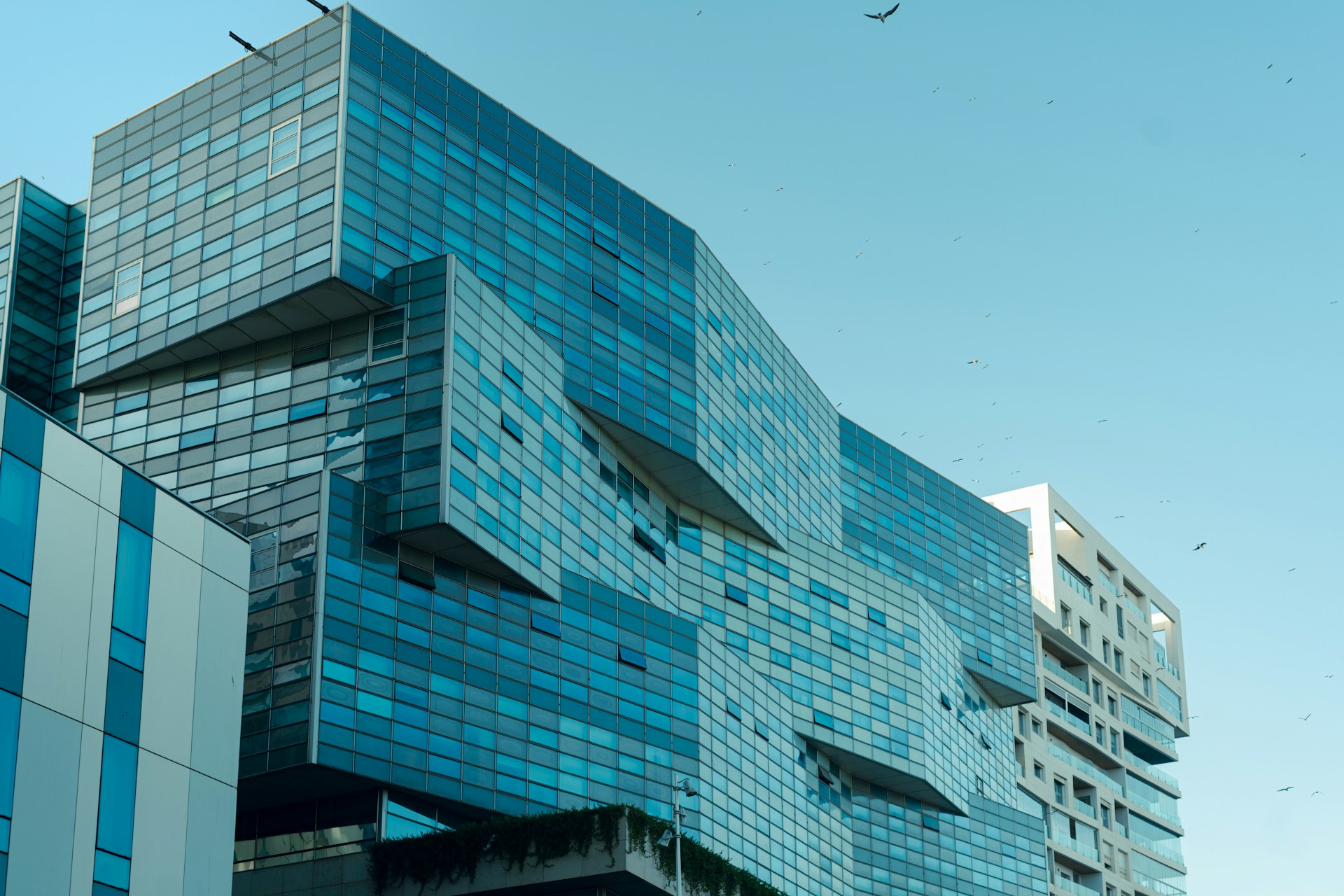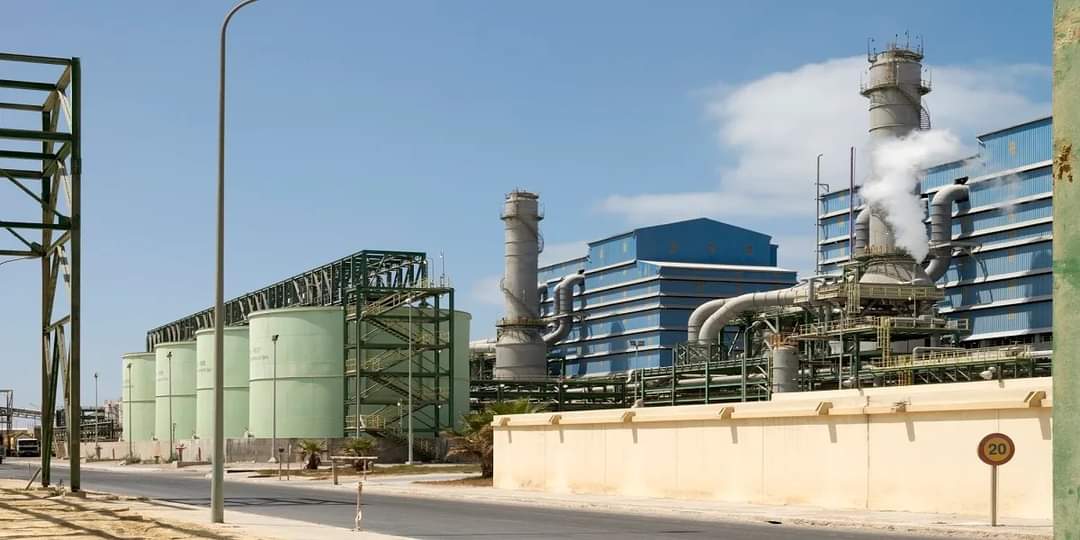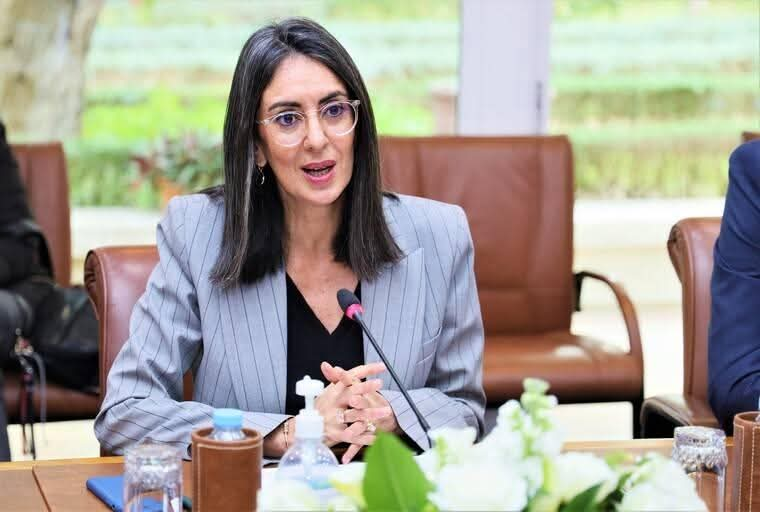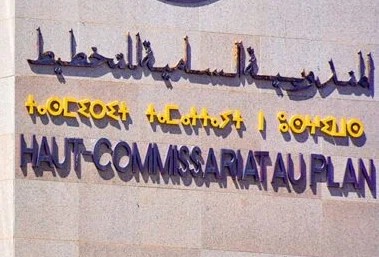Casablanca – A recent report by the Mo Ibrahim Foundation highlights Morocco’s role as a vital economic and financial leader in Africa, drawing in investments and building essential infrastructure to foster economic growth and sustainable development across the continent.
Morocco has established itself as a significant player in Africa’s financial investments, maintaining a strong presence in various economic and financial sectors. The latest report, titled “Financing Africa: Where is the Money?”, emphasizes Morocco’s prominence in attracting foreign direct investment in Africa, even amid a general decline in investment flows across the continent.
Additionally, Morocco ranks third among African nations in terms of remittances received from its diaspora. Financial figures from 2022 show that Morocco received $11.2 billion in remittances, placing it behind Egypt, with $28.3 billion, and Nigeria, with $20.1 billion. These three countries collectively account for 61.1% of the total remittances to Africa.
In the top ten African countries receiving diaspora remittances in 2022, Ghana received $4.6 billion, followed by Kenya with $4.1 billion. Zimbabwe received $3.1 billion, Senegal $3 billion, and Tunisia $2.8 billion. Somalia and Algeria each received $1.7 billion.
Morocco is also a leading figure in the renewable energy sector in Africa, alongside South Africa, Egypt, and Kenya. Since 2010, foreign direct investments in renewable energy in these countries have surpassed $46 billion, as per the report.
On the financial front, Morocco is one of the top five African nations generating over half of the continent’s total revenue in 2024. With a tax-to-GDP ratio exceeding 20%, Morocco is one of six African countries demonstrating a robust tax base and effective economic policies.
In terms of pension funds, Morocco ranks second in Africa, following South Africa, with significant pension fund assets. Despite the relatively lower assets of African pension funds compared to other regions, Morocco’s rapid growth in this area reflects prudent financial resource management and promising future development potential.
The report also underscores the economic benefits of sports events. The influx of tourists and global attention from events like the World Cup boosts local economies, creates jobs, and strengthens sectors such as hospitality, transport, and retail. The 2026 Youth Olympic Games in Dakar and Morocco’s co-hosting of the 2030 FIFA World Cup are highlighted as significant opportunities for positive branding and showcasing Africa’s immense potential and resources.
The Mo Ibrahim Foundation is an African organization dedicated to amplifying African perspectives on current global challenges. By offering data and analysis, the Foundation evaluates these issues on a continental scale, engaging various stakeholders, including Africa’s youth, to explore viable solutions based on effective leadership and governance.
















